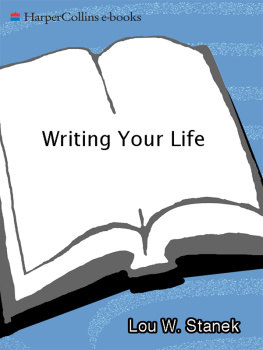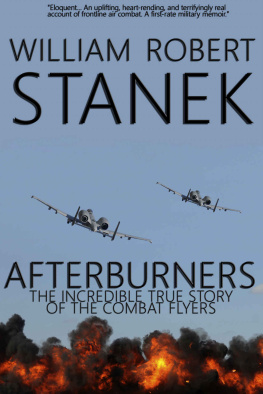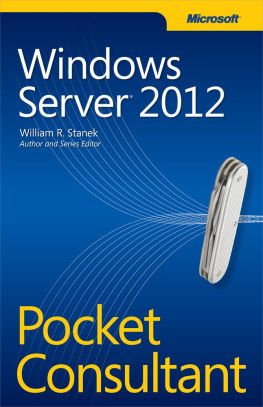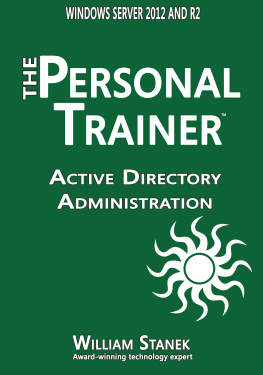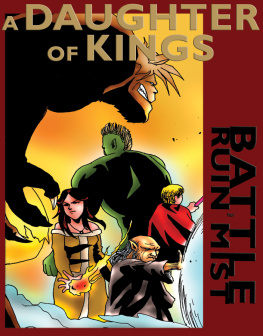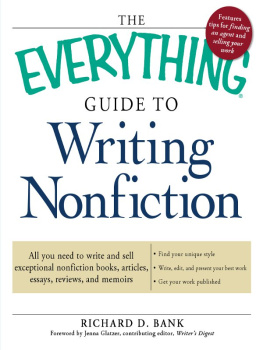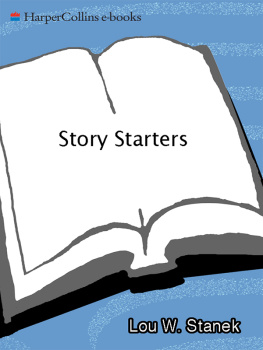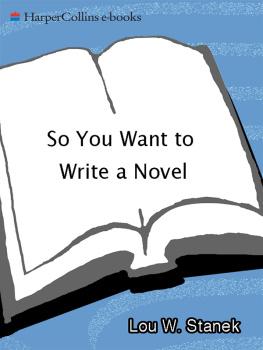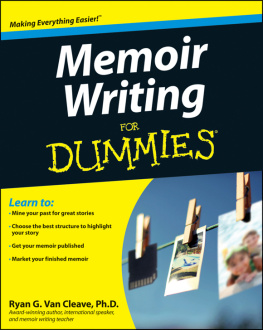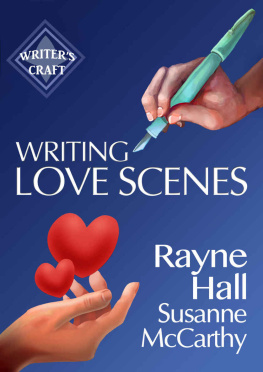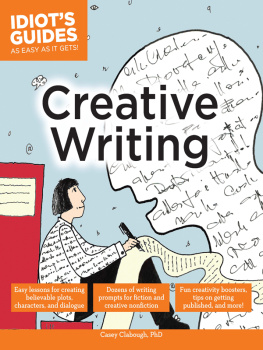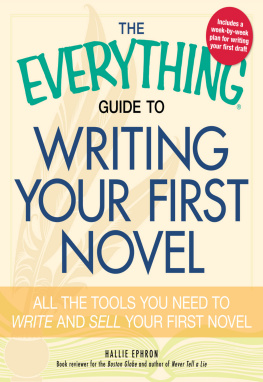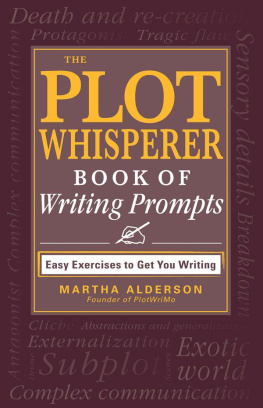Whatever shall we do in that remote spot? Well, well write our memoirs. Work is the scythe of time .

Recently I went back to the white clapboard house, square as a box of paper napkins, the place with the uneven sidewalk where, on brand-new ball-bearing roller skates, I broke my arm as soon as my father turned loose of my hand. We moved there from the farm when I was six, but I flew away from southern Illinois long ago. I doubt the house is still there.
I wanted to fly even before I realized I had to write. Swooping down from the low limb of a cherry tree any tomboy could climb, I made my first flight with a kitchen-curtain cape streaming from Wonder Womans narrow shoulders. In the spring the fruit trees limbs, lush with leaves and sweet-smelling blossoms, provided an umbrella to protect me from reality, while Mother and the boxy houses back door were close enough for comfort.
Anyone who physically and emotionally outlasts childhood has something to write about forever. After many successful flights. Wonder Woman crashed on her nose. Next a frisky horse darted under a low limb. Then it was a deep dive into the shallow end of the swimming pool. By twenty, I had a beak like a parrot. Not even the domestic airlines were interested in having a stewardess with a profile problem, not even Wonder Woman.
Before imposing, passenger-packed jets, when flying was still considered glamorous, the competition for a stewardess position was ferocious. The year I applied, the probability numbers were about as chilling as for the first unsolicited novel I submitted to an editor. Trying to let me down easy, the smooth airline recruiter with ersatz charm, a slick gray suit that looked as if it had been scaled off a fish, and a whats-a-guy-to-do expression told me they had received 5,280 applications for 300 slots in stew classes. Rejection is not an acquired taste. When youre young, its a killer. With his eye on my tears, his watch, and the next flight out of town, the recruiter, displaying effete sympathy, also told me about surgery that could fix my nose.
Even on a bad day, writing is more fun than having a nose job, but not as good for ones self-esteem as flying was in what Galway Kinnel recalls as the heyday of stewardesses when flight attendants had a virginal alertness. The wings on the crisp uniform liberated me, allowing me to fly over the confining cornfields and conservatism of my childhood. Or at least, thats the way I remember it .
Writers weave myths out of memory. The surgery might not have been as ghastly as I recall. My mother might not have been as concerned, my father as horrified, when I called themafter the deed was done. At least my father paid the bill, if grimly. Im sure of that.
Seasoned by time, remembrances change shape and color. With a little help from our imaginations, desires, and experiences, we have the power and the privilege to invent the truth. Malleable memory, not magic, turns people, events, and things into symbols. We reconstruct our pasts in tune with our hearts desires to become the heroes of our own myths.
Most of my University of Chicago colleagues found my flying career amusing and gallantly forgave me for my frivolous lapse. Frivolous? Who safely evacuated fifty-six passengers from an emergency landing in a field? Who held Willy Mayss hand on landing and takeoff, calmed his fear of flying? I remember having serious discussions with people like Robert Oppenheimer, reading Joyce at his tower in Dublin, writing a masters paper on The Fairie Queen after flying a back-to-back night trip. Pitying my associates their missed opportunities for daring adventures, I pardoned their stuffiness.
We often accuse others of the shadows in ourselves.
Someone wise said language has double power to create and exorcise. I find a third dimension: to escape. I began to work on this book the week I bought a hundred-year-old neglected cottage on an island in Maine. Arriving in July after a long, hot drive from New York, I waded through weeds to my waist, opened the door, and screamed. During the winter, rapacious raccoons had exercised their squatters rights. The water pipes and the toilets had burst. The wind and sea had dumped debris, maybe bats, through a broken window. The local paper said the night before, a boy had found a possum in his bed.
Who wanted to be there? I didnt want to be there. For this trip I did not need a plane, however. I turned on my computer and went back to southern Illinois, to the square white house where I lived when I was six, when the livin was easy. Or at least, thats the way I remember it .
But when writing about our history, the tense is always past imperfect. There is no way to regain the bulletproof vest of innocence we wore back then.
Eventually, when the experience is not so raw, Ill write about the Maine cottage. My mother would smile if she knew I had escapedback home. She maintained I had begun to try to get away when I learned to crawl. My father thought the world quit at our county line, and he did not trust airplanes. When Mother told him I was going to fly, he asked her how she could let me go. Translator was her role in the family. Because I want to keep her, my wise mother replied. Memories tie you to where you came from even if its not the place you had in mind.

